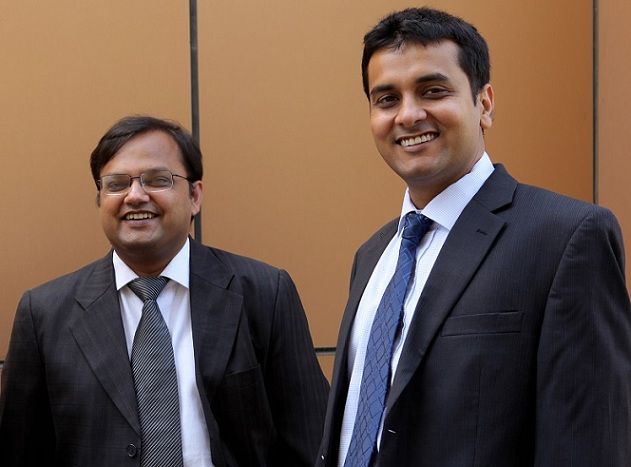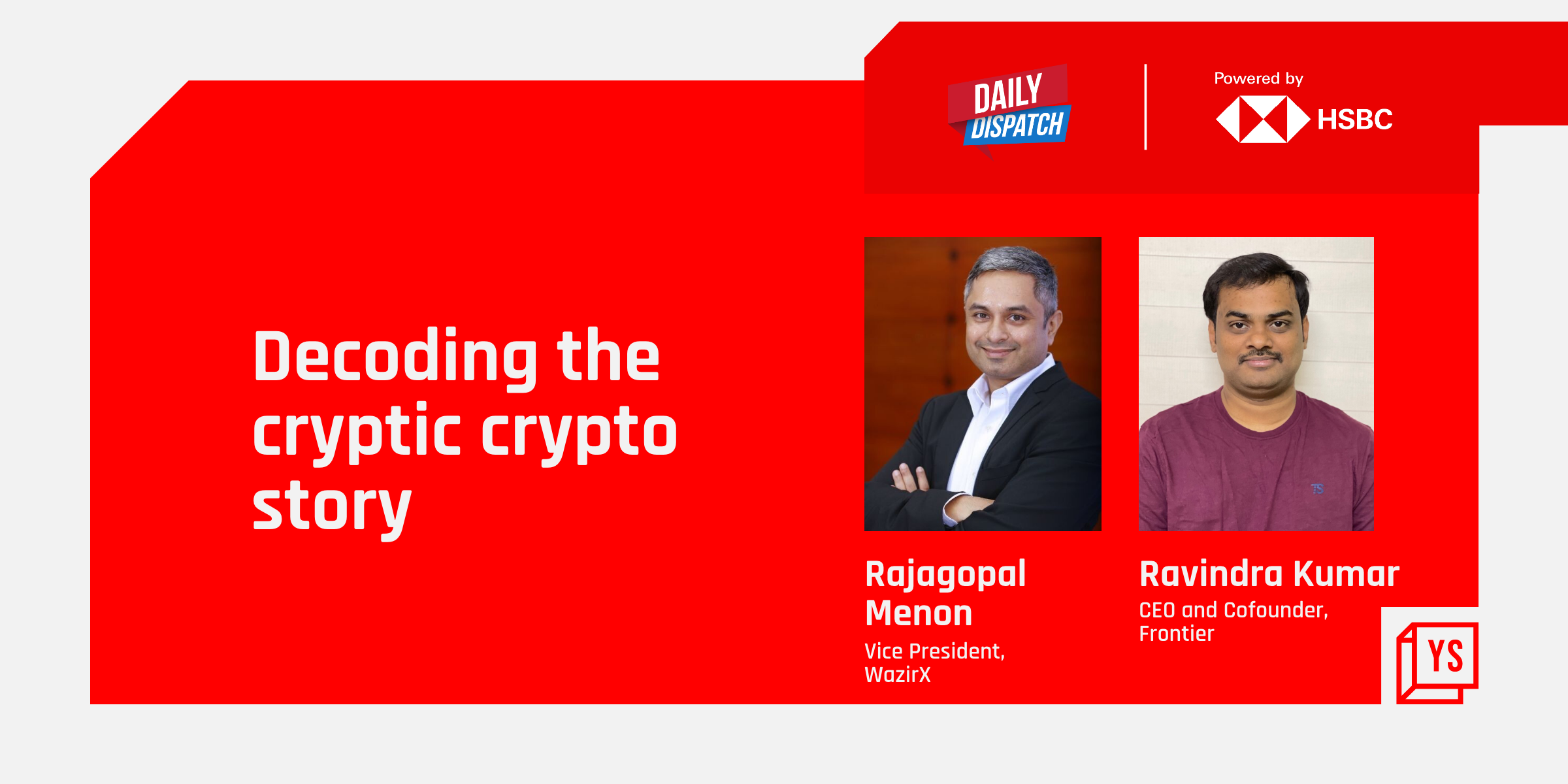Starting up a Business School that’s not all about placements
Anyone thinking of starting up wouldn’t in their right mind think of starting up a Business School. But these guys- Rajul Garg and Dinesh Singh did take that audacious step in 2011. Both come with a rich education pedigree and startup experience but found a fundamental flaw in the education system which was niggling. They decided to take the matter in their hands and shake things up a little. The result of this was the formation of Sunstone Business School and I got in touch with Dinesh to know the story.

The Problem
“I have been in the education space my entire career (more than a decade) and have always been troubled by the way the education system works,” says Dinesh. Everyone has been talking about how the emphasis has to move away from grades and actually focus on learning but this rarely happens. Dinesh, a Cornell graduate himself, has an interesting theory about all the great management schools-
The main reason for the success of these colleges is the network effect. A person putting in a significant amount of money for a management degree goes on get a high profile corporate job and when s/he goes to recruit, tends to take in people coming with a similar pedigree. And the network spreads. This is a very natural process but not how things should actually work.
Dinesh and Rajul took this broken piece in management education and decided to provide something different and see if people are willing to accept.
The Shift
At the end of the day, the problem comes down internalizing knowledge and this is what Sunstone claims to offer. “The central focus of our pedagogy is a ‘Problem Based Learning’ approach that helps see the big picture. Instead of the classical Lecture & Test approach, neither of which is seen in a real business environment, we follow a Problem & Present approach,” says Dinesh.
There is no campus at Sunstone Business Schools. All teaching happens via projects, weekend classes, webinars, etc (program details). The program is priced at INR 2.6 lakhs and the selection criteria is not based on traditional models. The average profile is people with 6+ years of work experience and a tech background who’re now looking to branch out and do more than just coding. “People who usually make the cut at Sunstone are the ones with an entrepreneurial mindset and those who don’t have that fear of doing something a bit unconventional,” says Dinesh.
Sunstone helps students with placements and such things but the many of the students end up taking the route of entrepreneurship. “We don’t judge the success of our students from the average placement numbers,” says Dinesh. The first batch had 25 students and the course has gained in popularity since then and now sees more than 100 students per batch.
The focus on quality
“We realized very early on that the main differentiator is the quality of content,” says Dinesh. Not spending on infrastructure and such peripherals, Sunstone has quality content as the basis. The material available to the students is very focused and comes from the best in the field. For instance, a project on operations in FMCG will have the the problem and resources coming from the COO of KPMG or any other FMCG giant.
“We want to keep the cost of the program below INR 5 lakhs even in the longer run and want to make it accessible to a wider audience,” says Dinesh. The cost is reasonable but the filtration is strong- both at the entry and the exit. Students fail if they don’t perform and there are no shortcuts. “When someone fails to pass the course, the money is returned. We want the business to be very fair,” says Dinesh.
The initial funding for this idea came from Spice Mobility fund and that helped the team at Sunstone to take off. Currently a 10 member team, Sunstone has a fleet of professionals and professors who are engaged with the students during the duration of the course. Sunstone hasn’t gone big on marketing yet and relies completely on the word of mouth and powerful content to spread the idea.
It was dodgy initially but Sunstone has gained acceptance now and has a steady inflow of students who’re going out, doing great work and talking about the school. There are many ways in which Sunstone goes from here and it’ll be interesting to see how it scales up and diversifies.
More on Sunstone here.











